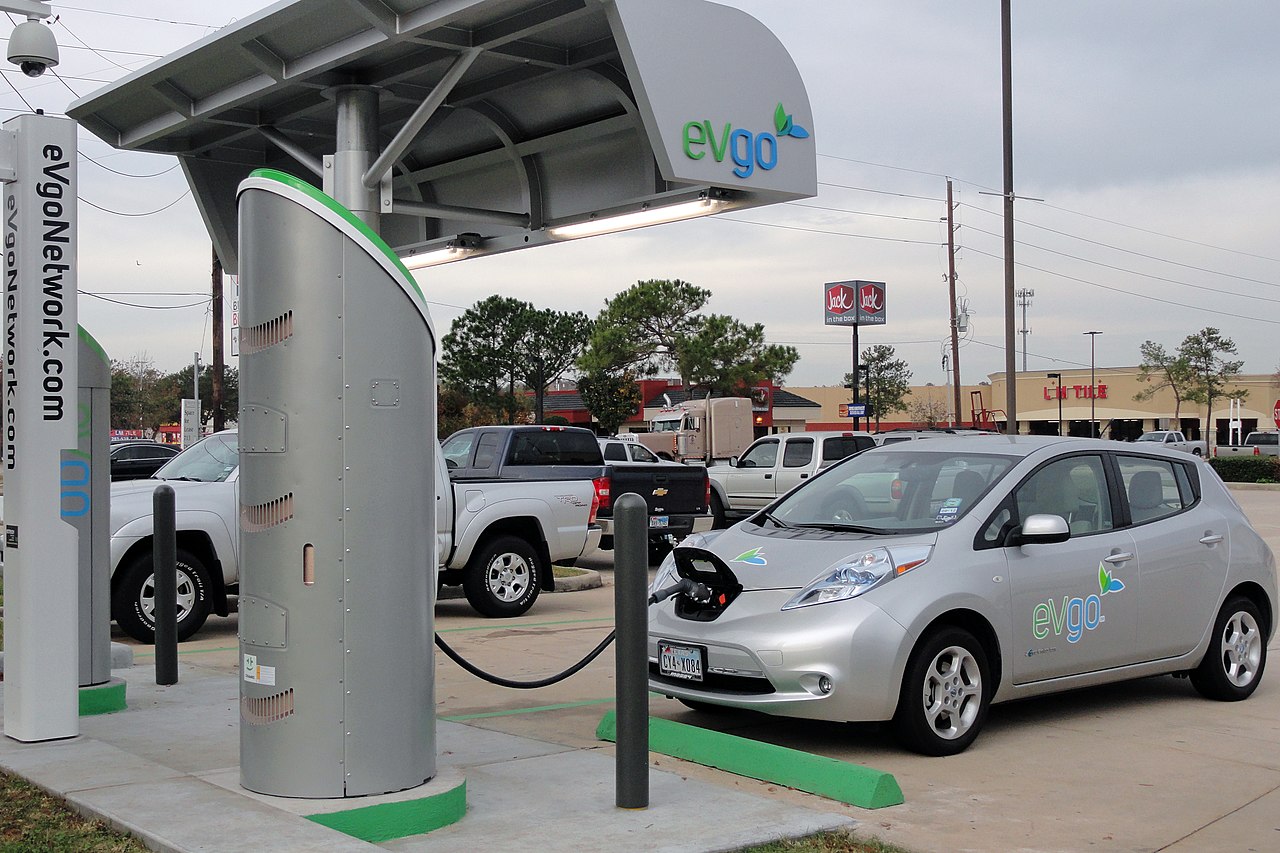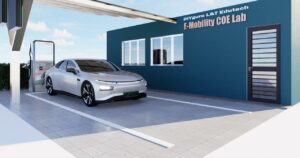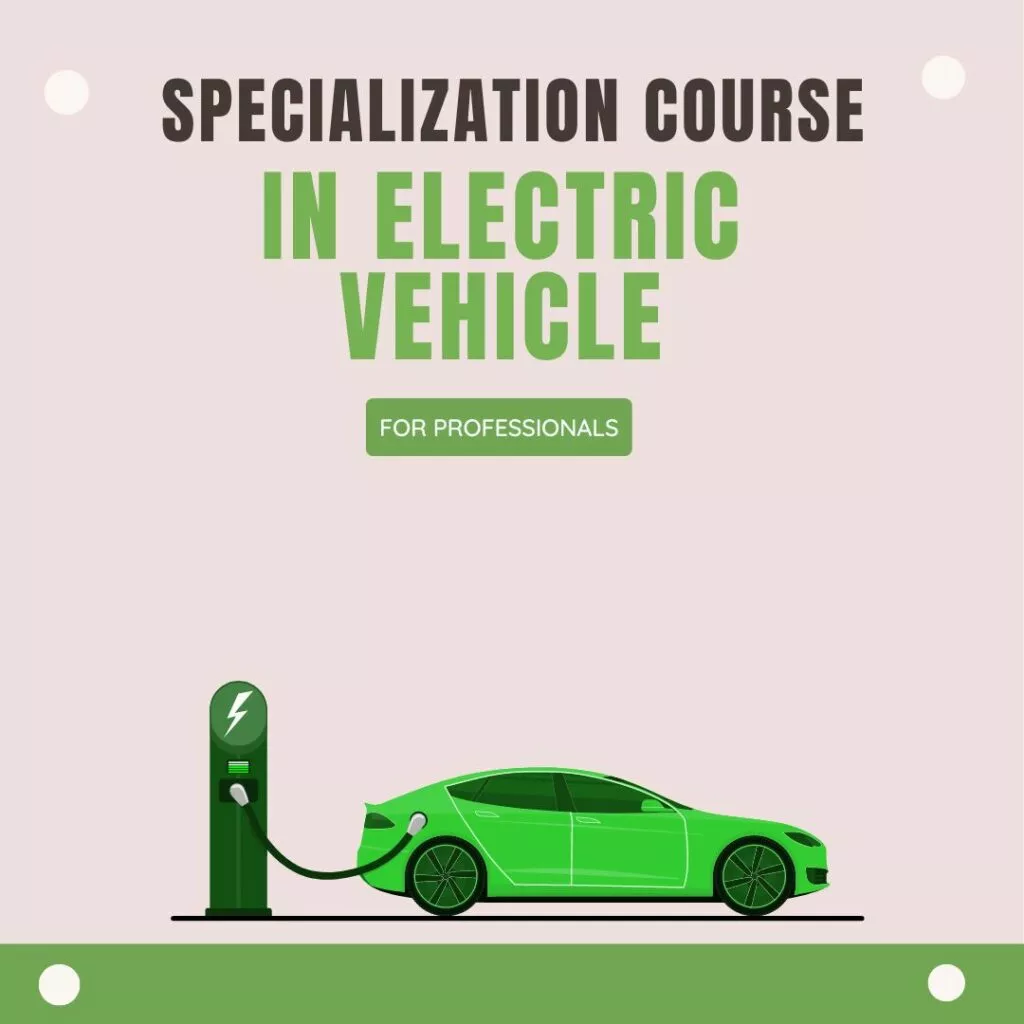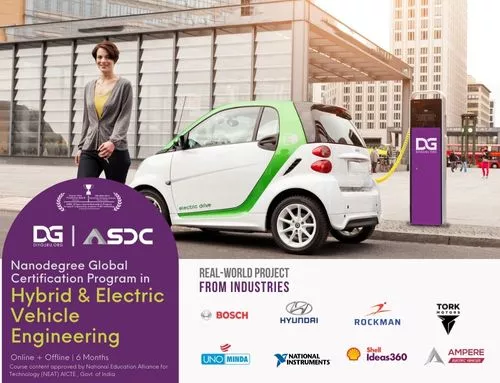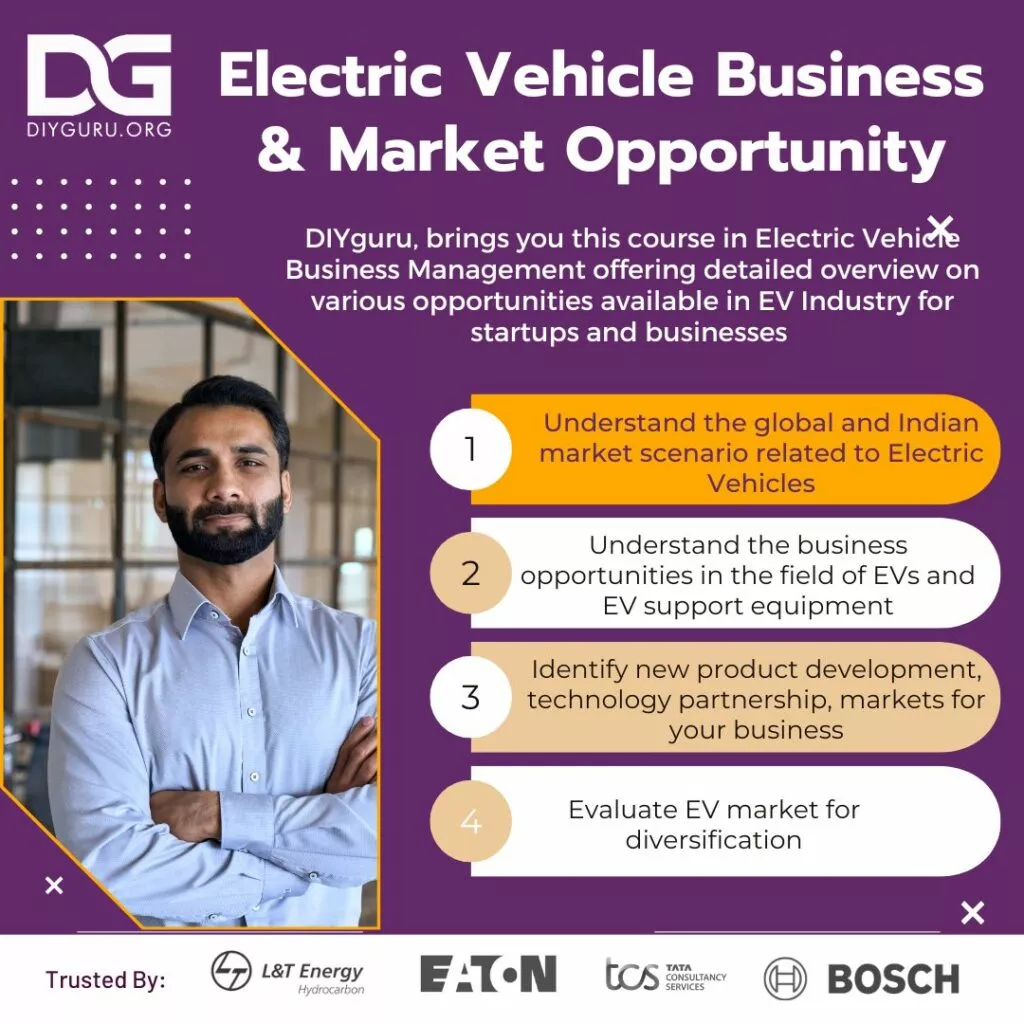Introduction:
With the increasing concern for the environment, people are looking for more eco-friendly alternatives to traditional vehicles. One of the most promising solutions is the plug-in vehicle. A plug-in vehicle is a type of electric vehicle that relies on a rechargeable battery that can be charged by plugging into an external power source. In this blog post, we will explore plug-in vehicles, how they work, and their benefits.
What is a Plug-in Vehicle?
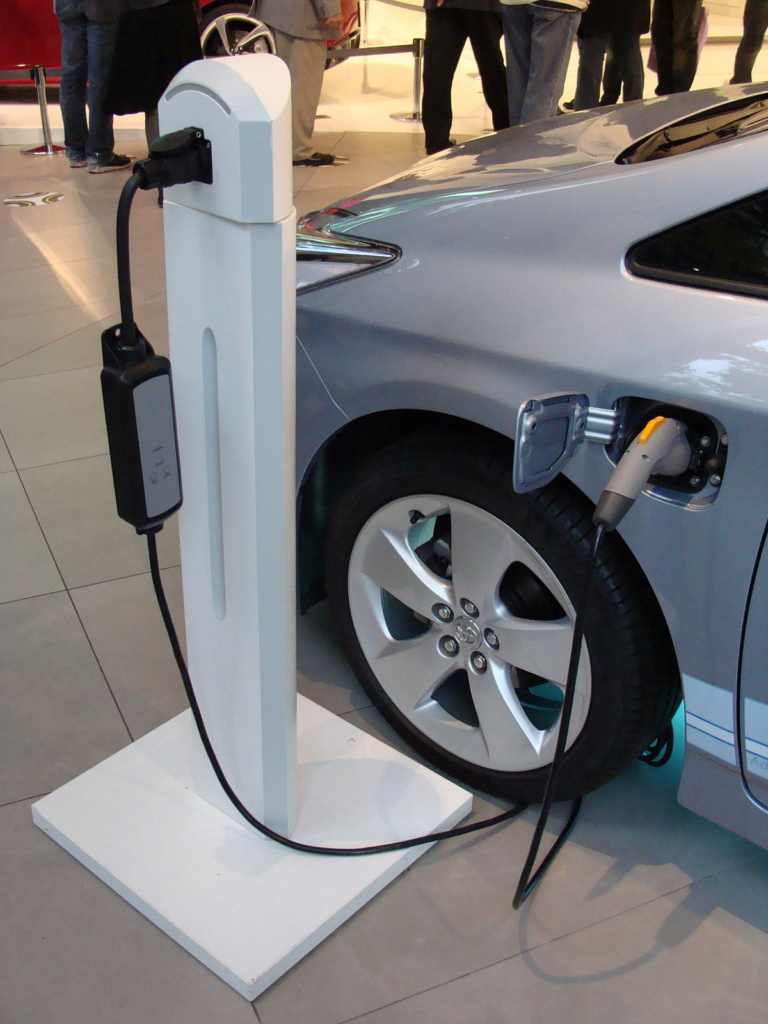
A plug-in vehicle is an electric vehicle that uses a rechargeable battery to power an electric motor. Unlike traditional electric vehicles, plug-in vehicles have the ability to be charged by plugging them into a power source. This means that plug-in vehicles can be charged at home, work, or at a public charging station.
Types of Plug-in Vehicles:
There are two main types of plug-in vehicles: plug-in hybrid electric vehicles (PHEVs) and battery electric vehicles (BEVs). PHEVs have both an electric motor and an internal combustion engine. The electric motor is powered by a rechargeable battery, while the internal combustion engine is used to extend the vehicle’s range. BEVs,on the other hand, rely solely on a rechargeable battery to power the electric motor.
How Plug-in Vehicles Work:
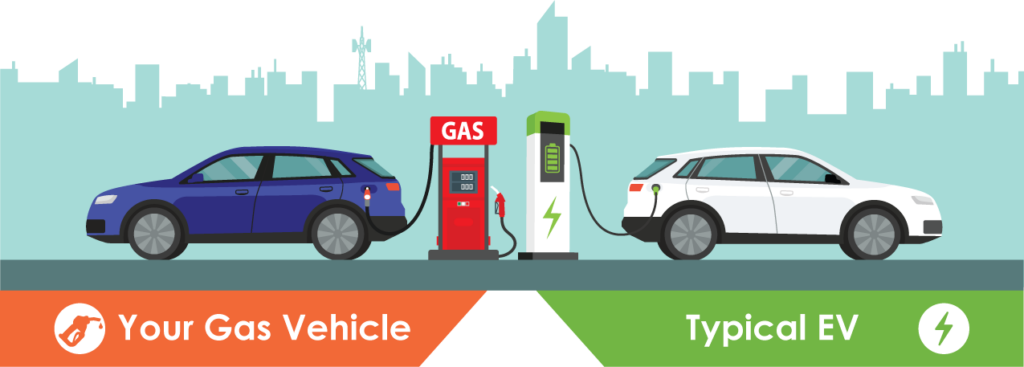
Plug-in vehicles work by using a rechargeable battery to power an electric motor. The battery is charged by plugging the vehicle into an external power source, such as a charging station or a wall outlet. Once charged, the battery provides power to the electric motor, which turns the wheels and propels the vehicle forward.
Benefits of Plug-in Vehicles:
Plug-in vehicles offer several benefits over traditional gasoline-powered vehicles. First and foremost, they are much better for the environment. Since plug-in vehicles run on electricity, they produce little to no emissions, which helps reduce air pollution. Additionally, plug-in vehicles are more energy-efficient than traditional vehicles, which means that they require less energy to run.
Another benefit of plug-in vehicles is that they are much cheaper to operate than traditional vehicles. Since electricity is much cheaper than gasoline, the cost of charging a plug-in vehicle is significantly lower than the cost of filling up a gas tank. Additionally, plug-in vehicles require less maintenance than traditional vehicles, which means that they are more cost-effective over the long term.
Challenges of Plug-in Vehicles:
While plug-in vehicles offer many benefits, there are also some challenges that come with owning one. One of the biggest challenges is the limited range of electric vehicles. While plug-in vehicles are becoming more advanced and have longer ranges than ever before, they still can’t match the range of a traditional gasoline-powered vehicle.
Another challenge is the lack of charging infrastructure. While there are more and more charging stations popping up every day, there are still many areas where charging a plug-in vehicle can be difficult or impossible. This can make it difficult for plug-in vehicle owners to take long road trips or travel to remote areas.
Conclusion:
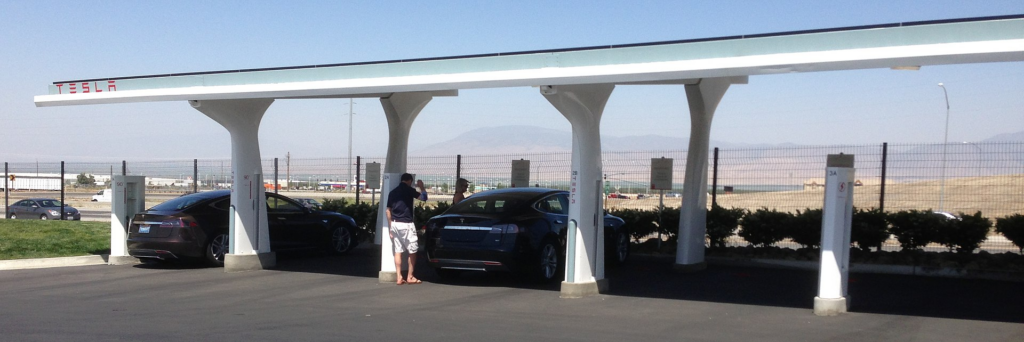
Plug-in vehicles offer a promising solution to the environmental and economic challenges facing the automotive industry. While there are still some challenges to overcome, plug-in vehicles are becoming more advanced and more popular every day. With continued research and development, plug-in vehicles have the potential to revolutionize the way we think about transportation and help create a more sustainable future.
What is the difference between plug-in and electric car?
Electric vehicles (EVs) have a battery instead of a gasoline tank, and an electric motor instead of an internal combustion engine. Plug-in hybrid electric vehicles (PHEVs) are a combination of gasoline and electric vehicles, so they have a battery, an electric motor, a gasoline tank, and an internal combustion engine.
FAQs:
Q1. What is a plug-in vehicle?
Ans. A plug-in vehicle is an electric vehicle that uses a rechargeable battery to power an electric motor. Unlike traditional electric vehicles, plug-in vehicles have the ability to be charged by plugging them into a power source.
Q2. How is a plug-in vehicle different from a traditional vehicle?
Ans. Plug-in vehicles are powered by electricity, while traditional vehicles are powered by gasoline or diesel fuel. Plug-in vehicles produce little to no emissions and are more energy-efficient than traditional vehicles.
Q3. Are plug-in vehicles more expensive than traditional vehicles?
Ans. The initial cost of plug-in vehicles is typically higher than that of traditional vehicles. However, the cost of operating a plug-in vehicle is significantly lower than that of a traditional vehicle, as electricity is cheaper than gasoline.
Q4. How long does it take to charge a plug-in vehicle?
Ans. The time it takes to charge a plug-in vehicle depends on the size of the battery and the power of the charging station. A typical home charging station can take several hours to fully charge a plug-in vehicle, while a fast-charging station can charge a vehicle in as little as 30 minutes.
Q5. How far can a plug-in vehicle travel on a single charge?
Ans. The range of a plug-in vehicle depends on the size of the battery and the driving conditions. Most plug-in vehicles can travel between 100 and 300 miles on a single charge.
Q6. Can I charge a plug-in vehicle at home?
Ans. Yes, plug-in vehicles can be charged at home using a standard 120-volt outlet or a 240-volt charging station.
Q7. How long do the batteries in plug-in vehicles last?
Ans. The lifespan of a plug-in vehicle battery depends on several factors, including the type of battery, the size of the battery, and the way the vehicle is driven. Most plug-in vehicle batteries last between 8 and 10 years.
Q8. Are plug-in vehicles safe to drive?
Ans. Yes, plug-in vehicles are just as safe to drive as traditional vehicles. In fact, many plug-in vehicles have received high safety ratings from organizations like the National Highway Traffic Safety Administration (NHTSA).
Q9. Are there any tax incentives for buying a plug-in vehicle?
Ans. Yes, there are federal tax incentives available for buying a plug-in vehicle. Additionally, some states and municipalities offer their own incentives, such as tax credits and rebates.
Q10. Is it possible to take a long road trip in a plug-in vehicle?
Ans. Yes, it is possible to take a long road trip in a plug-in vehicle. However, it may require some planning to ensure that there are enough charging stations along the route.


